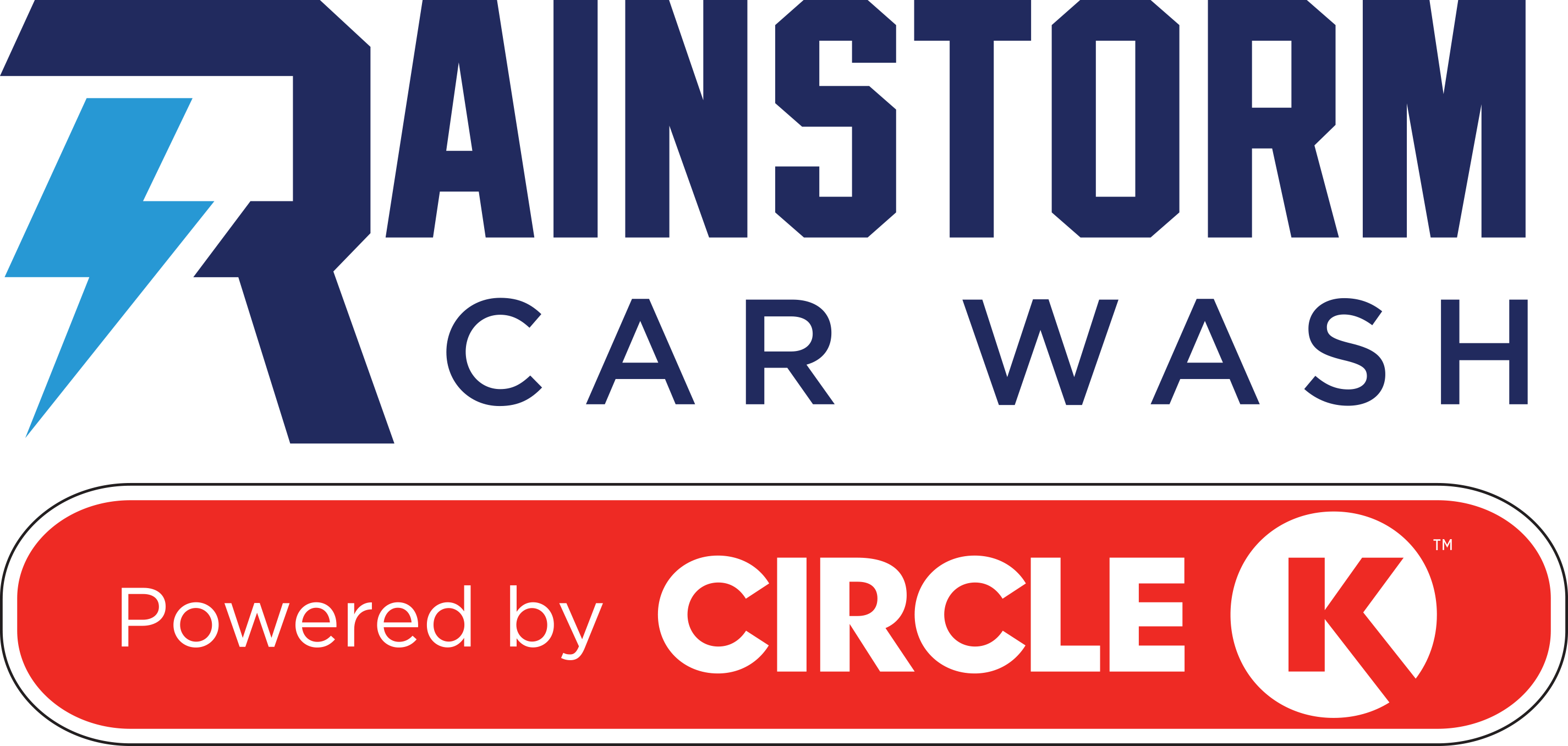Most people think of a car wash as purely cosmetic—something you do when your vehicle is dusty, covered in pollen, or in need of a good impression. But keeping your car clean isn’t just about appearance. Regular washes can act as an early warning system for bigger problems and are a smart part of routine vehicle maintenance.
When you take time to clean your car—whether at home or at a professional wash—you create an opportunity to spot things you’d normally miss. From small scratches that could lead to rust to early signs of leaks or tire issues, a clean vehicle makes it easier to catch problems before they become expensive repairs. That’s why washing your car is more than just upkeep—it’s preventative maintenance. Here’s how:
A Clean Surface Reveals Scratches and Dents
One overlooked benefit of regular car washes is how clearly they reveal your vehicle’s true condition. When dirt and road grime cover your car, small scratches or dents are easy to miss.
Once your car is clean, it’s much easier to spot new marks on the paint or body. That scratch on the driver’s side? You may not notice it until after a thorough wash. Catching damage early means you can touch it up or repair it before it leads to rust or chipping—issues that are more costly to fix later.
Spotting Fluid Leaks Underneath
After washing your car and parking in a clean spot, take a quick look underneath. Do you see small puddles or new stains? A clean surface helps you notice fresh leaks that could’ve gone unnoticed.
Leaks may come from oil, coolant, brake fluid, or transmission fluid. Even windshield washer fluid can signal a small problem. Many leaks start small but get worse quickly. Spotting them early lets you handle repairs before they turn into major mechanical failures—and helps you stick to a more reliable maintenance schedule.
Checking Tire Wear and Pressure
Tires often get ignored—especially when they’re coated in grime or brake dust. But washing your wheels makes it easier to check for uneven wear, worn tread, or damage.
Clean tires let you inspect tread depth and identify signs of alignment or suspension problems. You might even catch nails or glass embedded in the rubber. If one tire looks lower than the rest, you may have a slow leak. These checks help you avoid flats or dangerous blowouts later and are an essential part of basic vehicle maintenance.
Noticing Glass and Light Problems
Washing your car means wiping down windows, mirrors, headlights, and taillights. It’s the perfect time to spot minor issues that are easy to miss when your vehicle’s dirty.
For example, a chip in the windshield might be hard to see until the glass is clean. Catch it early, and you can often repair it before it spreads. Clean lights also make it easier to spot fogging, which may indicate a broken seal. Moisture inside can reduce visibility or lead to electrical problems.
Preventing Damage from Dirt and Grime
Even if your car looks fine today, leaving bird droppings, bug residue, or road salt on your paint can cause damage over time. These substances can be acidic or corrosive, slowly wearing down your finish.
Washing your car removes this buildup before it causes harm. It also gives you a better view of areas where debris collects—like around your wheels or underbody. Noticing excessive brake dust, for example, may even hint at problems with your braking system.
A Smart Habit for Long-Term Health
Your vehicle is a major investment, and small problems can snowball quickly. Washing your car regularly gives you time to slow down and really look it over—something that’s easy to skip in a busy week.
Every wash is a chance to catch something early: a tiny leak, uneven tire wear, a crack in a headlight. These small checks contribute to long-term maintenance and can save you from big headaches later.
Regular washes do more than keep your car looking sharp—they help you stay aware of its condition. When your car is clean, you’re more likely to notice problems early.
So next time you head through the wash, take a minute to give your vehicle a once-over. Your wallet—and your maintenance routine—will thank you.
